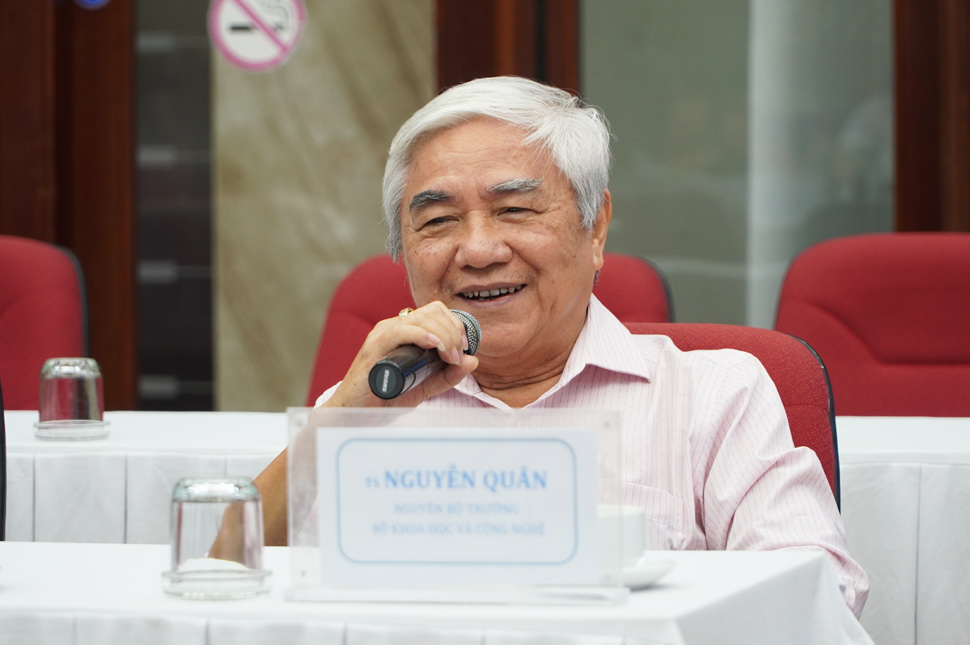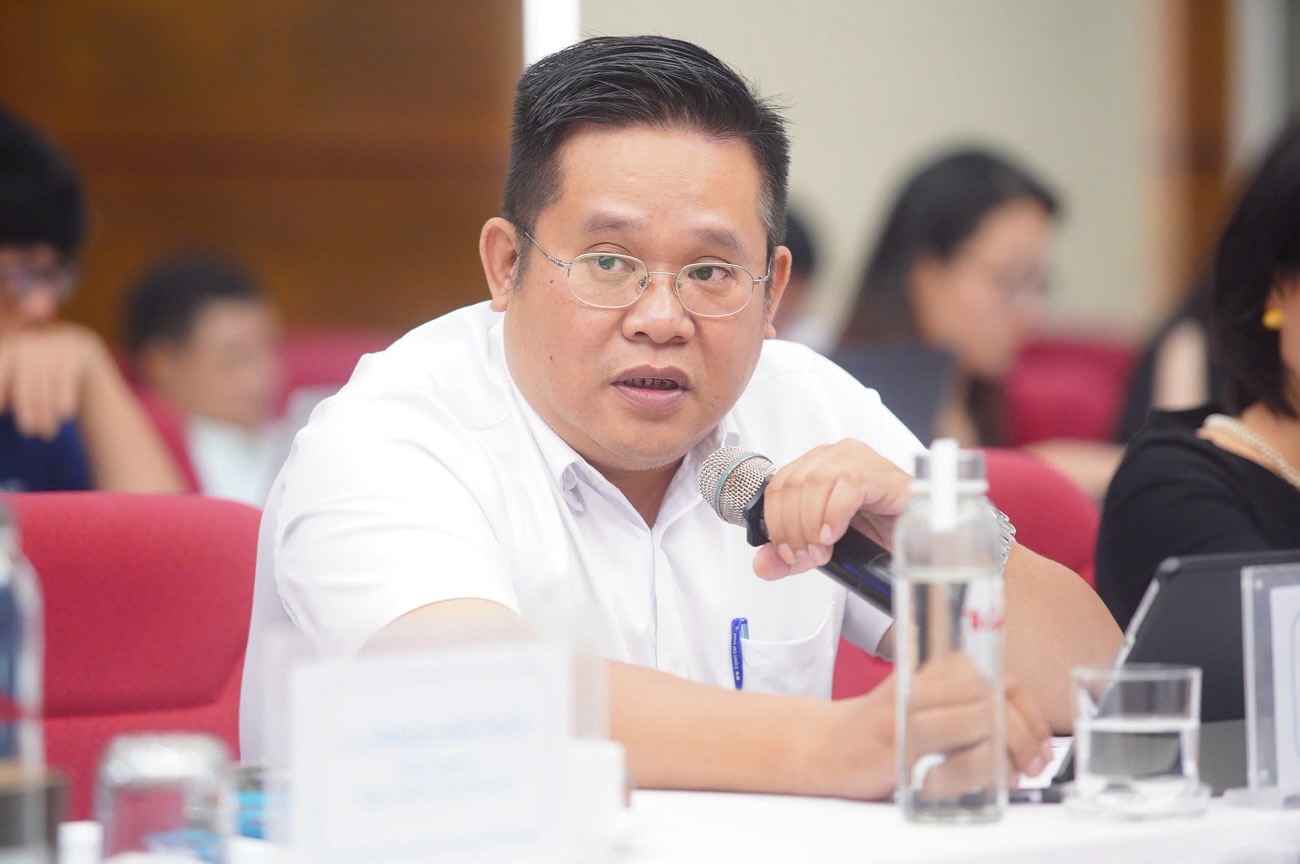The policy is there, now is the time to realize it
At the seminar "Bringing space technology to become a new driving force for development", Dr. Nguyen Quan - former Minister of Science and Technology said that Vietnam does not lack strategic orientation.

Since 1979, the Government has established the Committee for Space Science Research, laying the foundation for the development journey of this field. Recently, important documents such as Resolution 57, Resolution 193 and Decision 1131 are a legal corridor that needs to be concretized through practical action.
According to Mr. Quan, in the context of limited resources, an urgent solution is to perfect the institution, especially the restructuring of the Vietnam Space Commission into an interdisciplinary coordination unit. In addition, it is necessary to focus on investing in areas that are capable of mastering such as: Small satellites; remote sensing systems; ground control infrastructure and training specialized teams.
Notably, Mr. Quan proposed a "sandbox" mechanism for space technology projects, allowing project leaders (general engineers) to be given high autonomy, exempted from responsibility, and accept risks, thereby attracting real talent to breakthrough projects.
Vietnam cannot rely on technology transfer from abroad. This is an area related to national security and defense, it is necessary to take control, Mr. Quan emphasized.
The former Minister of Science and Technology also proposed that the State should invest large enough, daring to accept the "culture of failure", if it is to encourage scientists to commit.
Agreeing with the viewpoint of former Minister of Science and Technology Nguyen Quan, Dr. Nguyen Trong Hien - an expert of the United States Aerospace Administration ( NASA) commented that Vietnam's resources are not as advanced as advanced countries, but this is not a limitation to our development in science and technology.
We should pilot a new mechanism for managers to attract talent, create an environment for professionals to develop their abilities through technical projects, scientific experiments, through cooperation with space centers. I think if we solve the problem of mechanisms, we will be able to do more in space technology, said Dr. Hien.
According to experts, for space technology to truly become a new driving force for development, the most necessary thing is to still think boldly, dare to invest, dare to accept failure and persevere in this long-term journey.
Many solutions are activated to realize the space strategy
Mr. Ly Hoang Tung - Deputy Director of the Department of Science, Technology and Technology (Ministry of Science and Technology) said that in the past time, the Ministry has implemented many solutions to concretize the Party and State's policy on space technology. Notably, the National Science and Technology Program on space technology for the period 2021-2030 is being implemented with 4 key areas: perfecting the legal framework, developing technology, applying in practice and basic research to orient applications.

The Ministry of Science and Technology is also coordinating with ministries and branches to build a satellite data management mechanism, promoting effective exploitation. At the same time, propose a policy of transferring dual-use technology, connecting with defense and civil enterprises. The Ministry has contributed ideas to amend the Decree on remote sensing activities and instructed agencies to register for satellite orbit with the International Telecommunication Union.
Regarding human resources, the Ministry is supporting expert training, developing strong research groups at institutes and schools, and investing in upgrading infrastructure of the Vietnam Space Center. Practical applications are also promoted such as replacing VINASAT-1 and VINASAT-2 satellites, building an independent positioning system and implementing atmospheric layer research using hot air balloons and flying equipment.
Notably, the Ministry of Science and Technology is expanding international cooperation with agencies such as NASA (US), JAXA (Japan), CNES (France), ... At the same time, it encourages large enterprises and high-tech startups to participate in the space technology ecosystem. These efforts show that Vietnam is gradually forming a space science and technology ecosystem, with the cooperation of many levels and sectors.







